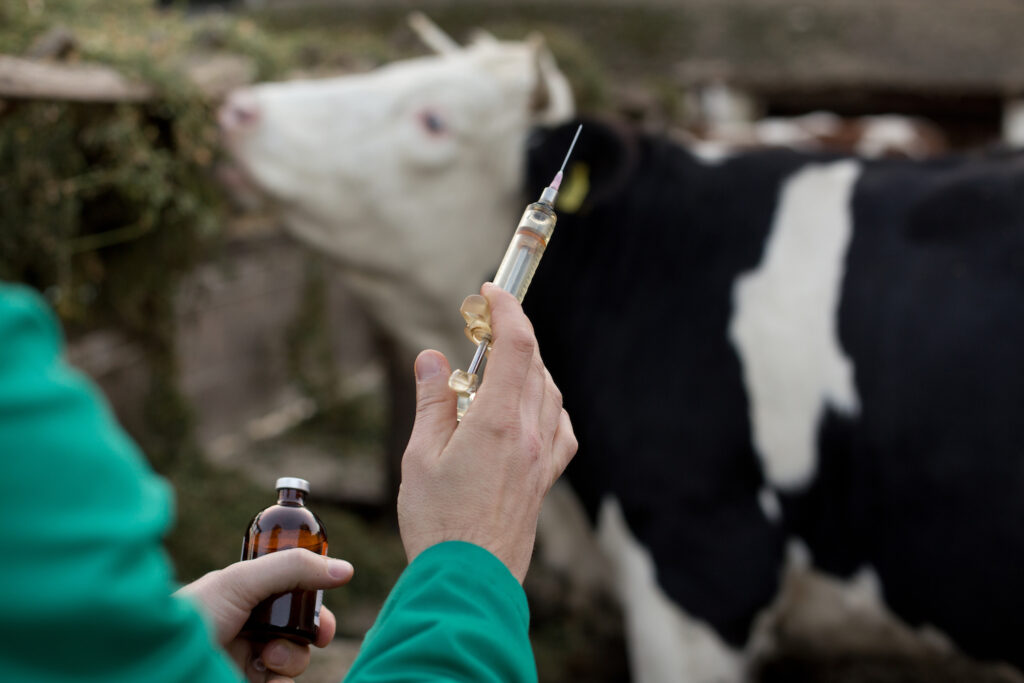Improvements still needed in livestock vaccination, NOAH says
21st April 2023
As farmers face pressure to reduce environmental impact and antibiotic usage, the National Office for Animal Health is sharing vaccination best practice on World Animal Vaccination Day.

World Animal Vaccination Day recognises the significant impact that vaccines have on protecting livestock and pets from life-threatening disease, improving animal welfare and also playing a part in sustainable farming and production.
Whilst uptake of vaccines in the livestock sector has increased over the past 10 years, it could still be greatly improved, NOAH says.
NOAH highlighted its Livestock Vaccination Guideline for on-farm use, which offers best practice advice to dairy, beef and sheep producers, to help them get the most out of vaccination.
Dawn Howard, chief executive of NOAH said: “On this World Animal Vaccination Day it’s vital that we recognise that livestock vaccination is not just a recommended practice but a critical one, especially as the world faces new challenges such as emerging diseases, climate change, and changing demands.
“We must continue to promote the crucial role of livestock vaccination in ensuring a healthy and sustainable future for animals, farmers, and consumers alike.”
The guidance divides vaccines into category one – high priority – and category two – best practice, based on farmer and vet discussion.
As well as improving animal health and welfare, preventing disease is the most effective way to support responsible antibiotic use, NOAH says. This is done through vaccination, breeding, hygiene, nutrition, optimised accommodation and all aspects of animal husbandry.
Several vaccines including leptospirosis and salmonellosis also protect human health by reducing the risk of zoonotic infection.
With livestock farming under considerable pressure to contribute to the response to climate change, reducing disease also has a role to play in achieving net zero.
The UK Climate Change Committee has proposed cost effective measures to reduce GHG emissions, with specific priorities for endemic cattle disease control. Five of the measures in the prioritised list are vaccinations, for IBR, BVD, salmonella, calf pneumonia and Johne’s disease.
Dawn Howard added: “Livestock vaccination can be complex, but provides huge benefits, not just for animal health and welfare, but also has a positive impact on food, economic and job security in the UK. Having the right tools, medicines and technology to provide adequate prevention, diagnostics, monitoring and treatment has never been more important.”
Read NOAH’s Livestock Vaccination Guideline here: https://www.noah.co.uk/wp-content/uploads/2022/08/NOAH-Livestock-Vaccination-Guideline-August-2022.pdf

